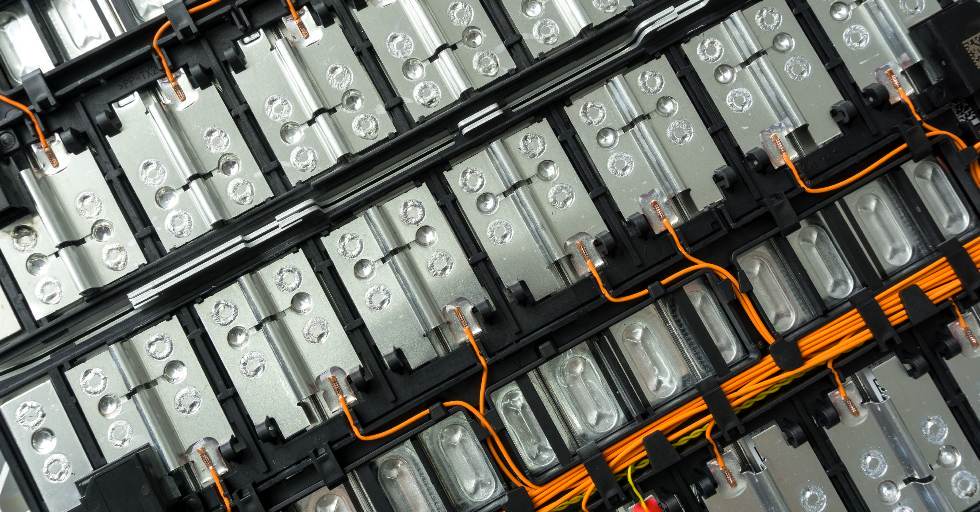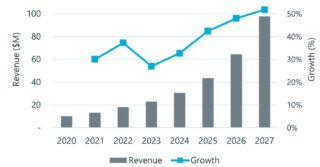BASF and Stena Recycling have entered into a collaboration to develop enhanced processes for the production of black mass. The objective is to achieve high recovery rates of metals such as lithium, nickel, and cobalt. These solutions will contribute to the development of a closed-loop system in the European market for electric vehicle batteries.
The recycling process of lithium-ion batteries is complex and requires specialized technologies. The recycling of lithium-ion batteries begins with their collection and assessment. Subsequently, the used batteries undergo a preliminary treatment, resulting in the creation of black mass. Black mass is a mixture of metals and other substances formed through the mechanical shredding of batteries. In the next stage, a chemical process is employed to recover valuable metals such as lithium, nickel, cobalt, and manganese from the black mass.
As part of the collaboration, Stena Recycling will handle the collection of used batteries and post-production waste, followed by the production of black mass. The black mass will then be processed at BASF’s prototype metal refinery in Schwarzheide.
Both companies aim to utilize this model in the planned commercial hydrometallurgical refinery by BASF, processing material from used batteries in Europe in the future.
“The electrification has just begun, and we want to support a sustainable approach to battery production. Collaboration between industry players will be key to an effective green transformation. Through this agreement, Stena Recycling strengthens its position as one of the leading recycling partners in Europe for battery manufacturers and the automotive industry,” said Marcus Martinsson, Product Area Manager Batteries at Stena Recycling Group.
“By collaborating with Stena Recycling, we enhance BASF’s capabilities to provide an extended network for battery collection and recycling with a strong partner in the Nordic countries. This allows us to expand our offering of individual and circular solutions for battery manufacturers and electric vehicle producers in Europe,” added Dr. Daniel Schönfelder, President of the Catalysts division at BASF, who is also responsible for the company’s activities in battery materials and battery recycling.



![Forecasts, Opportunities, and Challenges for the Polish Industry in 2024 [ANALYSIS] Forecasts, Opportunities, and Challenges for the Polish Industry in 2024 [ANALYSIS]](https://industryinsider.eu/wp-content/uploads/xIndustry-40-320x167.jpg.pagespeed.ic.o8zijDQlIJ.jpg)
![The importance of artificial intelligence in transport and automotive industry is growing [REPORT] The importance of artificial intelligence in transport and automotive industry is growing [REPORT]](https://industryinsider.eu/wp-content/uploads/xcity-320x167.jpeg.pagespeed.ic.xFkQdk7qXO.jpg)
![By 2030, the market size of metal processing tools is expected to reach $120.44 billion [REPORT] By 2030, the market size of metal processing tools is expected to reach $120.44 billion [REPORT]](https://industryinsider.eu/wp-content/uploads/xcutting-tools-320x167.jpg.pagespeed.ic.SgnEk-RWA-.jpg)
![Methane emissions remains elusive challenge for oil and gas industry [REPORT] Methane emissions remains elusive challenge for oil and gas industry [REPORT]](https://industryinsider.eu/wp-content/uploads/xMethane-emissions-by-source-320x167.jpg.pagespeed.ic.q-7jG2luXb.jpg)

![Will digital twin revolutionize the aerospace and defense sector? [REPORT] Will digital twin revolutionize the aerospace and defense sector? [REPORT]](https://industryinsider.eu/wp-content/uploads/xdigital-twin-in-aerospace-320x167.jpg.pagespeed.ic.K-YNPhggcS.jpg)